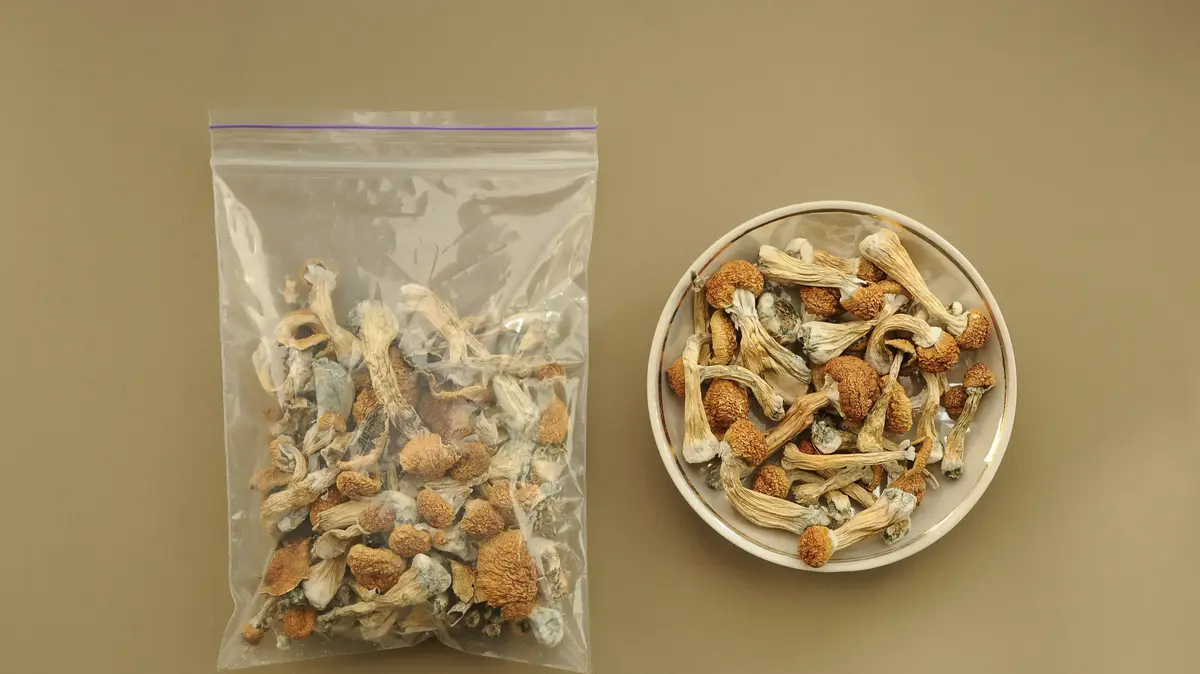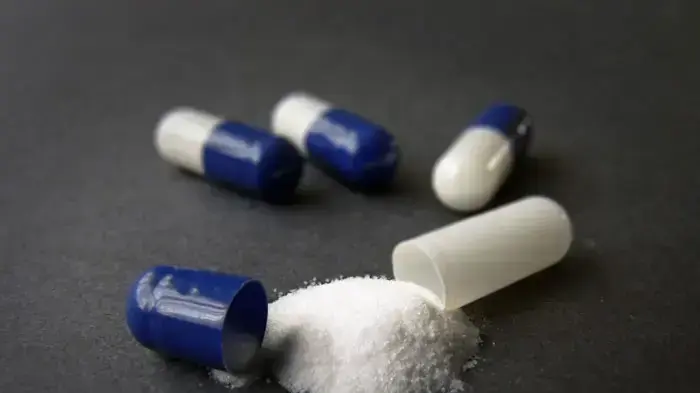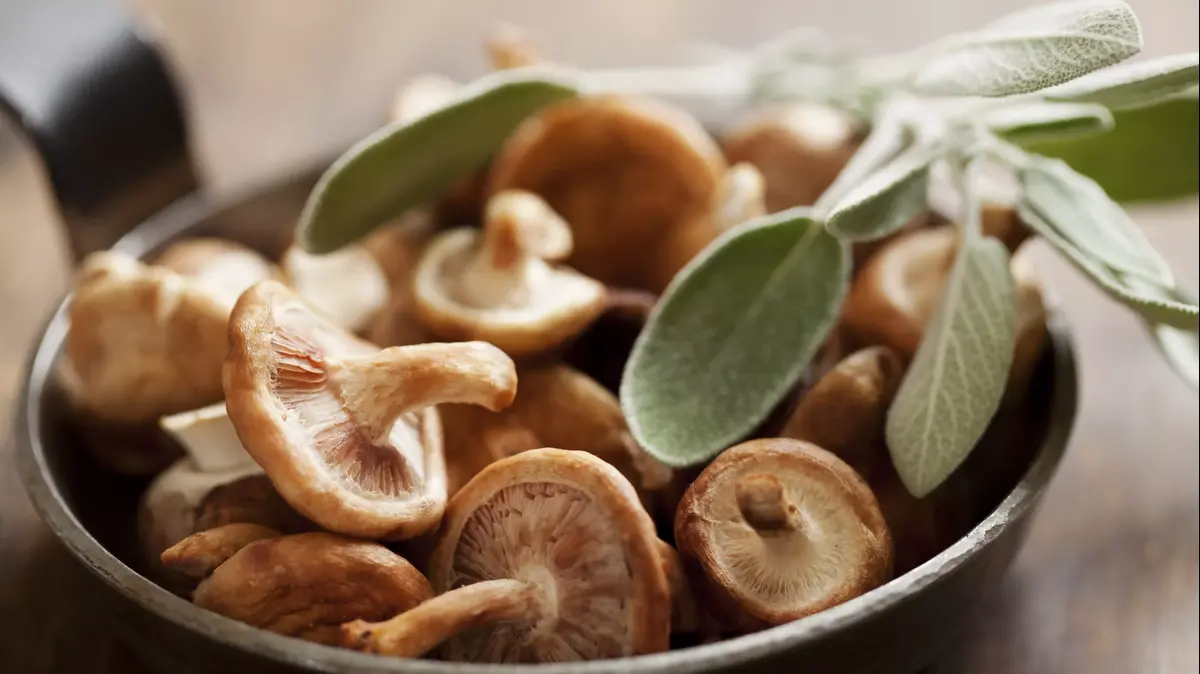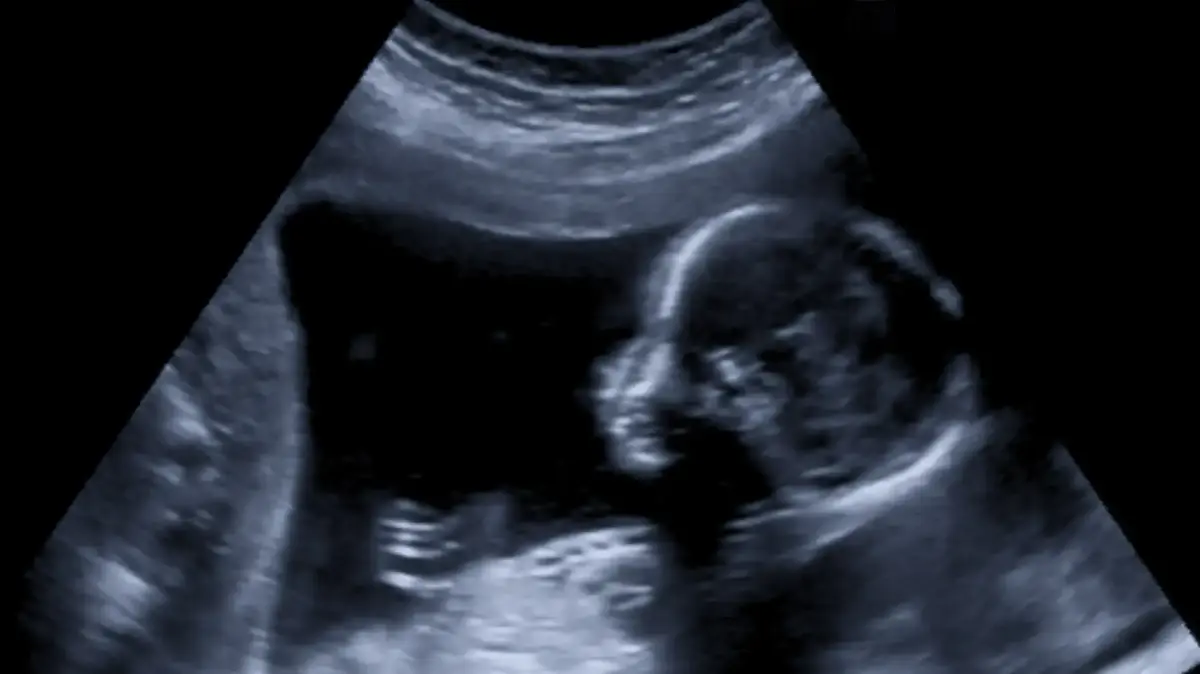Are hallucinogenic mushrooms the real cure for depression?
When did you come across a study that says that a particular drug makes the brain "more flexible and fluid"?
Well, that quote appeared in one of the world's most respected journals - and describes how hallucinogenic mushrooms affect depression.
How exactly does this happen - and when will mushrooms become a legitimate treatment?
Maor Moiger
05/05/2022
Thursday, 05 May 2022, 09:10 Updated: 09:35
Share on Facebook
Share on WhatsApp
Share on Twitter
Share on Email
Share on general
Comments
Comments
Forget for a moment the worries of corona, cancer and all the other health threats that are always making headlines - and let's talk about depression.
The society tends to think that depression is a dramatic and rare condition, when in practice, data from the Ministry of Health published in 2021 show that one in ten Israelis has suffered or will suffer from severe depression at some point in their lives, with about 6 percent of adults in the country dealing with this condition each year.
And alongside this troubling statistic, a study published in April 2022 in the prestigious journal Plos One presents a comprehensive review that proves what many have been feeling for years - antidepressants do not really contribute in most patients to a significant improvement in long-term quality of life.
Therefore, experts around the world have been trying in recent years to “open their heads” to discover other and more creative approaches to treating what has been defined by the World Health Organization as a global epidemic.
This is what led scientists to study, among other things, substances that were previously considered taboo in the scientific community - including MDMA, ketamine, LSD and psilocybin mushrooms, which may be better known to you as "hallucinogenic mushrooms".
More on Walla!
Researchers set out to test the impact of Sammy Parties in the field.
This is what they discovered
To the full article
In fact, it is one of the most popular and talked about research fields in medicine in recent years, and the information gathered in the field has already led to the development of new drugs based on ketamine, which is used as an anesthetic but is also considered a psychedelic drug.
The treatment developed on its basis even entered the health basket in Israel in 2020 and is given to people with depression, anxiety, OCD and post-trauma (PTSD).
One of the most popular research areas in medicine in recent years.
Hallucinogenic mushrooms (Photo: ShutterStock)
Now, a new study published in the journal Nature Medicine reveals how hallucinogenic mushrooms can also affect the brains of people with depression, in a very different way from that of traditional medicines.
During the study, subjects received a drug with the active ingredient psilocybin, the psychoactive ingredient in hallucinogenic mushrooms.
The study included brain scans (fMRI), in order to understand exactly how this component affects neurological processes.
"Brain processes have become more flexible and fluid"
To understand the findings of the new study, it is important to dwell for a moment on how depression affects the brain.
If you have dealt with depression in the past or even with depression that did not make you seek medical help, you probably understand that in this situation, the brain tends to feel "frozen".
That is, he thinks of something that makes us sad, gets into a whirlpool of troublesome thoughts and has a hard time “letting go” and focusing on other things.
The same feeling is also common in dealing with anxiety, OCD and post-trauma.
More on Walla!
4 terminally ill cancer patients received a prescription for an illegal drug.
How did it happen?
A man injected hallucinogenic mushrooms into his body and they began to grow in his blood
Why do a rabbi, a priest and a monk take hallucinogenic mushrooms together?
A smart test detects an increased risk of stroke - now in a special operation
In the present study, the scientists who, as mentioned, monitored the brain activity of people under the influence of psilocybin, thus defined what they discovered: "It was possible to see that people's brains opened up and processes in it became more flexible and fluid."
And if you're looking for a less picturesque and more scientific description, research shows that psilocybin has improved the neurological connection between different areas of the brain, which are considered more 'off' and less active in people with depression.
The study relied on two separate experiments.
The first was performed on about 60 people with depression who did not respond to other treatments and all received the new treatment with psilocybin.
In the second trial, about 60 other patients with less significant depression were taken and divided into two groups.
In the first they received a known antidepressant (SSRI) and in the second the new treatment.
Along the way, the subjects also received psychological treatment.
The scientists emphasized that during this period, most patients reported some improvement, but brain scans clearly showed that only psilocybin treatment resulted in the neurological changes that "opened" the brain.
"Open your mind."
Hallucinogenic mushrooms (Photo: ShutterStock)
In the same breath, experts understand that it will take a long time to know exactly how this component affects the brain in the long run.
Professor Robin Kerhart-Harris, who previously ran the Center for the Study of Psychedelic Substances at Imperial University and led the current study, explains: “In previous studies we have seen a similar effect on the brains of patients receiving psychedelic drugs, Receiving the treatment, which implies a significant and deeper effect of the drug. "
However, he also admits that "we still do not know how long these changes last in the brain and we need to do further research to understand this. We do know that in some people, the brain can return at some point to the rigid and fixed patterns of activity that develop in dealing with depression."
From nicotine withdrawal to the treatment of migraines - with an asterisk that should not be ignored
Since the first and brave scientists gathered courage and began researching the field of hallucinogenic mushrooms, a rain of scientific studies on the subject has led to the growth of many centers around the world that specifically deal with the effect of psychedelic substances on physical and mental health.
One of these institutions is the Center for the Study of Psychedelia and Consciousness at Johns Hopkins University, which has published several interesting studies in recent years on how psilocybin fungi may affect health on various levels.
Among other things, the center announced that psilocybin is effective in treating nicotine and alcohol addiction - and may also help those who want to quit other addictive substances.
In 2018, researchers from Jones Hopkins even recommended changing the classification of psilocybin so that it could be treated as a substance that could be included in medical studies.
Following this change, in 2019, Canadian researchers have shown that psilocybin mushrooms may help people diagnosed with violent cancer, in a way that alleviates their uneasy emotional distress.
Another study found that people who treat themselves with hallucinogenic mushrooms in very low doses (microdosing) can effectively reduce bothersome headaches, without experiencing the psychoactive effects of psilocybin.
May provoke irritability, anxiety or even paranoia and temporary psychosis.
Hallucinogenic mushrooms (Photo: AP, AP)
Studies these days are examining whether and how psilocybin may also affect coping with Alzheimer's, anorexia, opioid addiction and Lyme disease, but alongside all the promising findings - there is one thing all experts in the field agree on - although hallucinogenic mushrooms are considered safer than drugs and other drugs. And although they do not cause physiological addiction - they can be dangerous, certainly when consumed without control and without sufficient understanding.
In the immediate term, uncontrolled use of psilocybin can cause confusion, headaches, increased heart rate, increased blood pressure, impaired orientation, muscle weakness and nausea.
The use of hallucinogenic mushrooms also causes (hold tight) visual and vocal hallucinations, which may, in some people, provoke nervousness, anxiety or even paranoia and temporary psychosis.
Some (small) of these cases even end up in hospitalization.
In addition, there is a rare side effect of using mushrooms that is important to recognize - the hallucinatory "flashbacks" that can appear even months and years after consuming them.
Therefore, we emphasize that the fact that psilocybin is likely to help deal with medical and mental health problems does not necessarily mean that it will be safe and beneficial for anyone who experiences it.
If you have decided to do this without medical supervision - it is important to fully understand what you are putting into your body, learn in depth about this substance and its effects - and make sure you do it with a person you trust, who can look after you and help if necessary.
health
psychology
Tags
mushrooms
Hallucinogenic mushrooms
depression
Post Trauma















